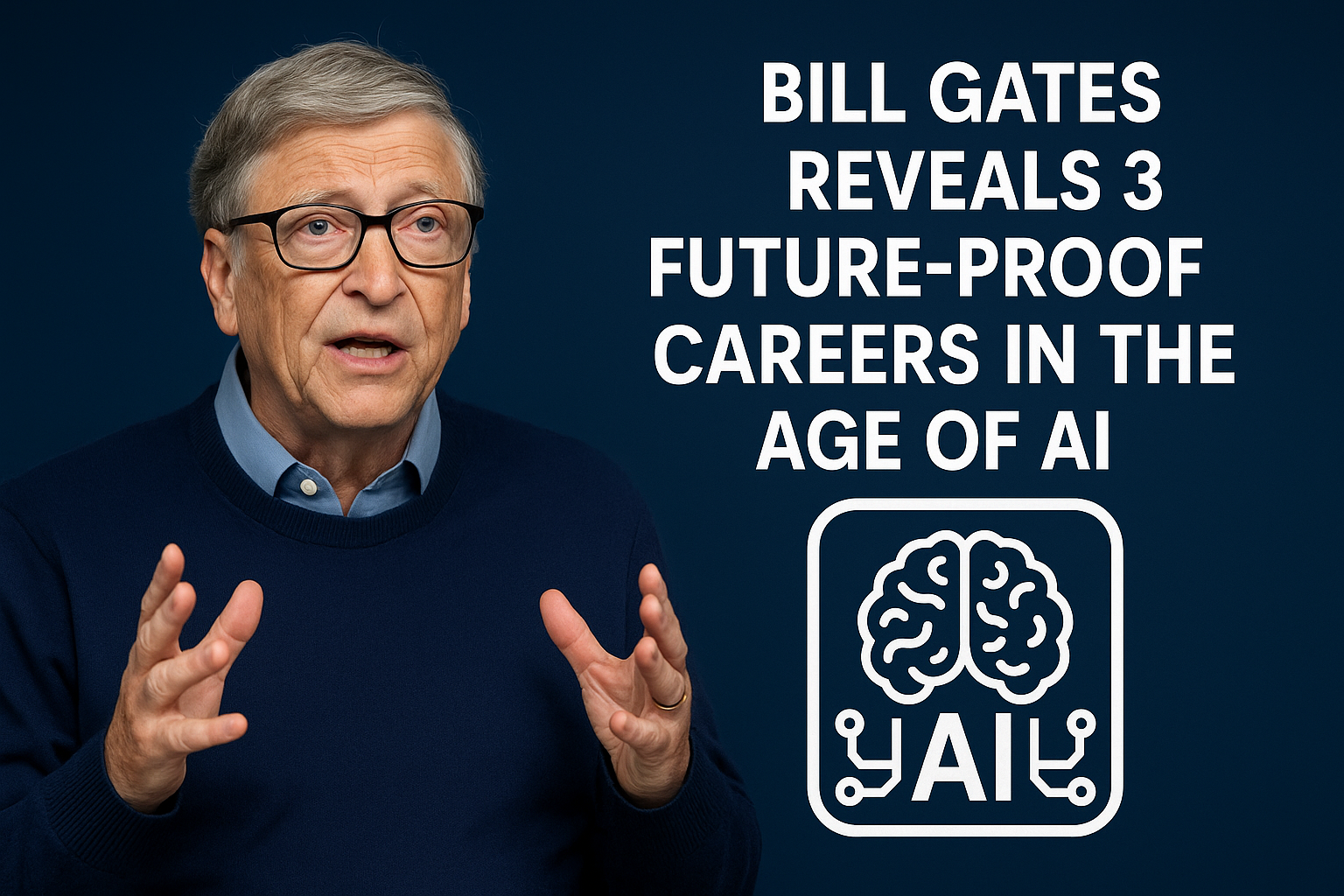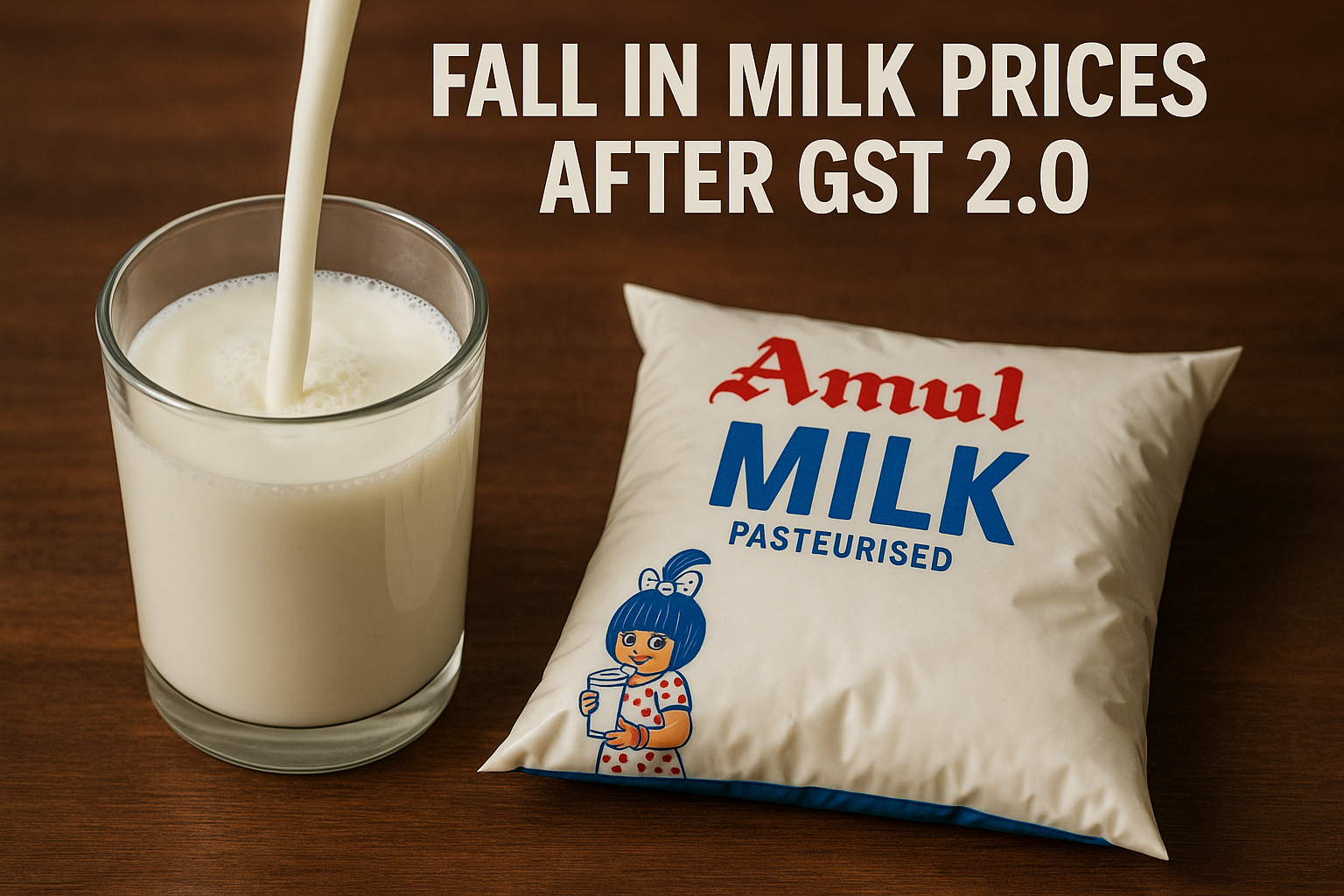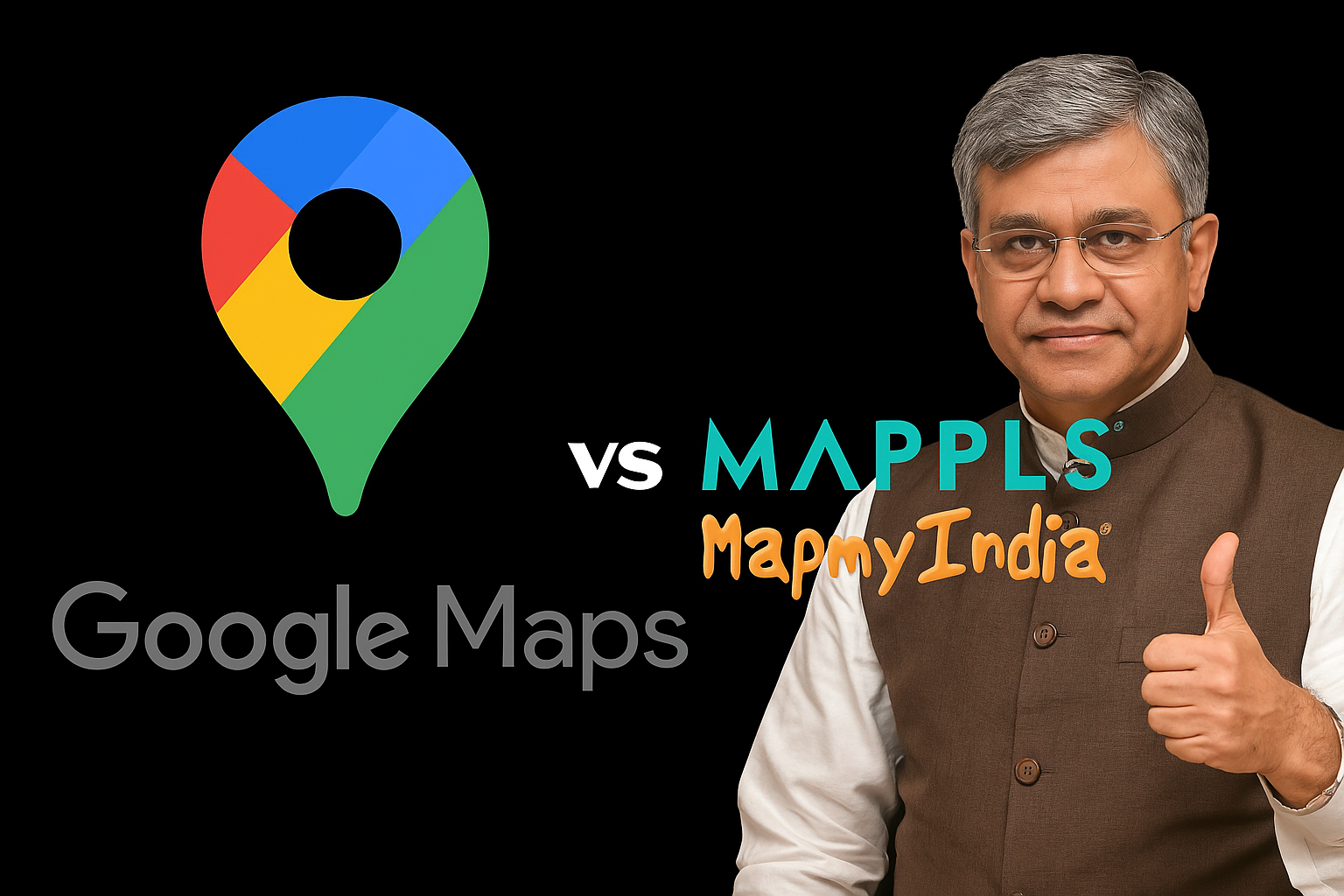Bill Gates, the Microsoft co-founder, recently shared a bold vision about how AI will reshape jobs—and which professions will likely remain human territory, at least for the next century.
Gates firmly believes that despite rapid AI advancements, programmers (coders) will remain indispensable. Writing software involves more than typing—it demands pattern recognition, deep thinking, creativity, and judgment. According to him, “no algorithm can match the ‘creative leap’ of a human coder,” and this field will remain human-driven even 100 years from now.
Alongside coders, Gates highlights two other professions that he believes will outlast AI’s infiltration:
- Biologists, who bring hypotheses, intuition, and critical thinking—elements AI hasn’t mastered despite its prowess in data processing and diagnostics. AI lacks the creative spark required to drive true scientific discovery.
- Energy experts, working in a sector brimming with regulatory intricacies, crisis response needs, and long-term strategic planning. While AI can enhance efficiency, unanticipated events and ethical choices require human expertise.
That’s three professions—coders, biologists, and energy professionals—that Gates sees as safe from full automation.
In contrast, Gates predicts AI will largely handle roles in medicine and teaching within the next decade, making high-quality medical advice and tutoring free and widely accessible. He even notes that manual and routine jobs—like factory work—may follow suit as AI and robotics evolve.




